The Royal Signals Amateur Radio Society (RSARS): Connecting the Military and Amateur Radio in the UK
Introduction:
In the realm of amateur radio in the United Kingdom, the Royal Signals Amateur Radio Society (RSARS) holds a unique position. With a rich history, diverse applications, and a dedicated membership base, RSARS has played a significant role in fostering communication between military personnel and amateur radio operators. In this article, we will explore the fascinating history, usages, membership, and notable contributions of the Royal Signals Amateur Radio Society.
I. History and Origins:
The Royal Signals Amateur Radio Society traces its roots back to 1966 when a group of serving and retired members of the British Army’s Royal Corps of Signals recognized the value of amateur radio in maintaining communication skills and fostering camaraderie. The society was formally established to promote amateur radio within the Royal Signals community and facilitate connections with civilian operators.
II. Usages and Applications:
RSARS serves as a platform for military personnel, both serving and retired, to engage in amateur radio activities. The society promotes the exchange of technical knowledge, fosters radio skills, and supports the integration of amateur radio into military communication practices. RSARS members engage in a wide range of activities, including:
- Contesting: RSARS members participate in amateur radio contests, competing against operators from around the world. These contests test operators’ skills, equipment, and propagation knowledge, fostering friendly competition and camaraderie.
- Special Event Stations: RSARS organizes and operates special event stations to commemorate significant military anniversaries, royal events, and other occasions. These stations allow members to showcase their amateur radio skills while promoting the history and heritage of the Royal Signals.
- DXing: Members of RSARS engage in DXing, which involves making contact with amateur radio operators in distant countries or rare locations. This activity challenges operators to optimize their equipment and antennas to achieve long-distance communication.
- Emergency Communications: RSARS plays a role in emergency communications, providing support during times of crisis or natural disasters. Members are trained to assist in establishing and maintaining communication links when traditional infrastructure is compromised.
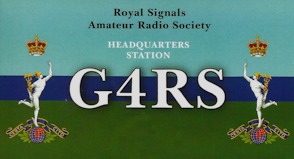
III. Membership and Structure:
Membership in RSARS is open to serving and retired members of the Royal Signals, as well as non-Signals personnel who have a genuine interest in amateur radio and support the aims of the society. The society operates on a national level, with local branches and regional representatives facilitating communication and events across the UK.
RSARS organizes regular meetings, both physical and virtual, where members can engage in technical discussions, share experiences, and participate in training sessions. The society also publishes a newsletter that keeps members informed about upcoming events, contests, and other amateur radio-related news.
IV. Contributions and Collaborations:
RSARS has made significant contributions to the amateur radio community, the military, and the broader society. Some notable examples include:
- Supporting Charitable Causes: RSARS members actively participate in fundraising activities and events to support charitable organizations. They utilize their amateur radio skills and networks to raise awareness and funds for worthy causes.
- Promoting Innovation: RSARS fosters innovation within the amateur radio field, encouraging members to explore new technologies and techniques. This promotes the development of advanced communication systems and contributes to the overall advancement of the hobby.
- Liaising with Military Authorities: RSARS maintains close ties with military authorities, including the Royal Corps of Signals and other military organizations. This collaboration ensures that the society’s activities align with military protocols and requirements, fostering a harmonious relationship between the military and amateur radio communities.
- Mentoring and Training: RSARS provides mentorship and training opportunities for members, especially those who are new to amateur radio. Experienced operators offer guidance, share their expertise, and help newcomers navigate the intricacies of the hobby.
Conclusion:
The Royal Signals Amateur Radio Society (RSARS) has played a crucial role in bridging the gap between the military and the amateur radio community in the United Kingdom. Through its rich history, diverse applications, and dedicated membership, RSARS has not only preserved the communication skills of military personnel but also contributed to the advancement of amateur radio as a whole. By fostering collaboration, innovation, and charitable endeavors, RSARS continues to serve as a beacon of camaraderie and technical excellence within the Royal Signals and the wider amateur radio community.
Disclaimer: The views and opinions expressed in this article are solely those of the author and do not necessarily reflect the official policy or position of the Royal Signals Amateur Radio Society or any other organization mentioned.
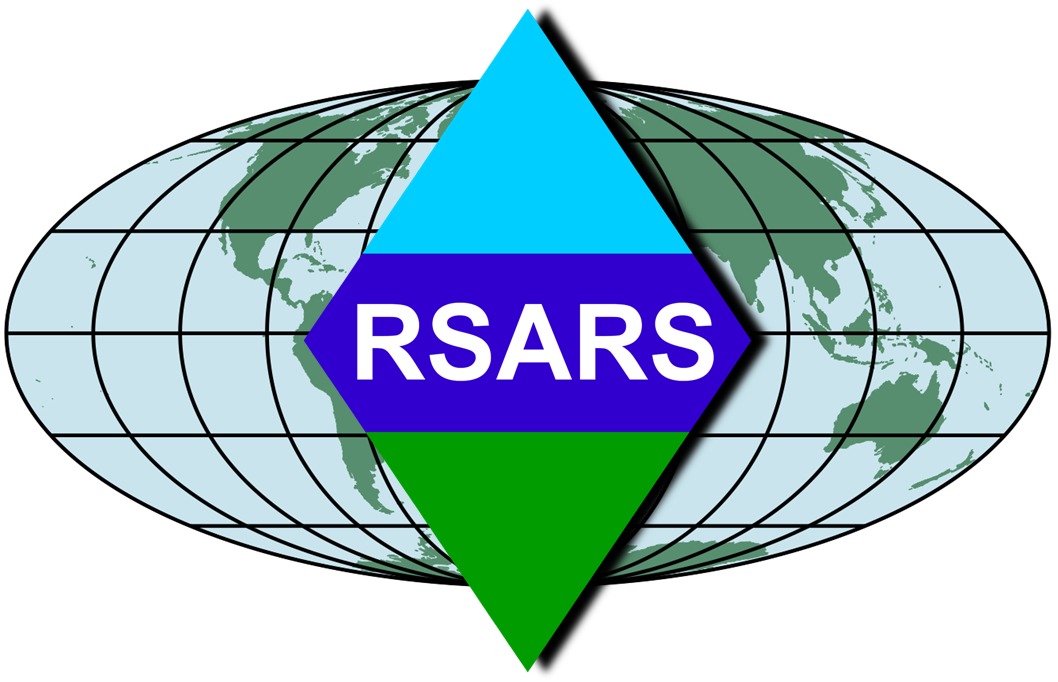
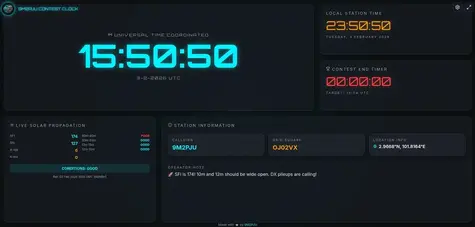
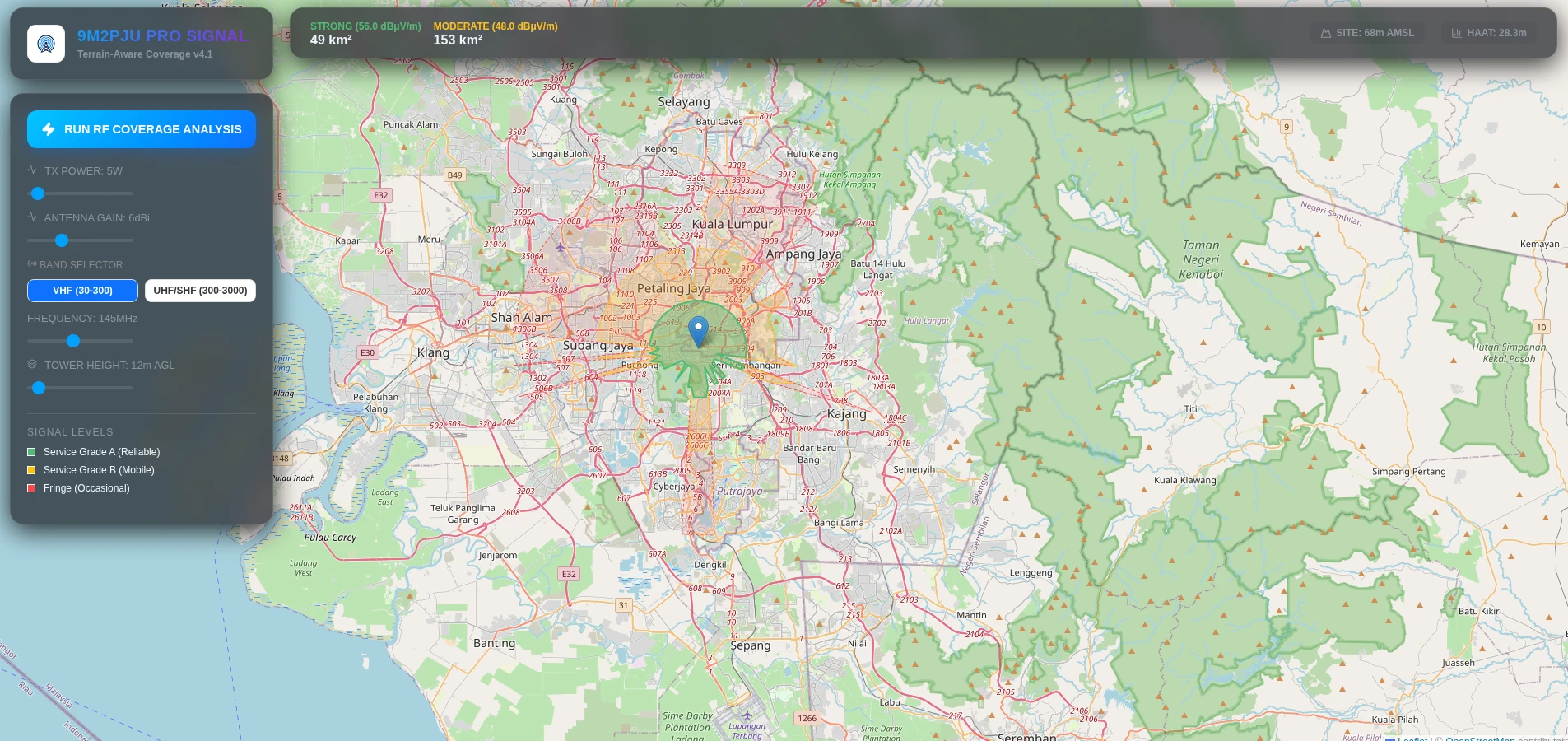
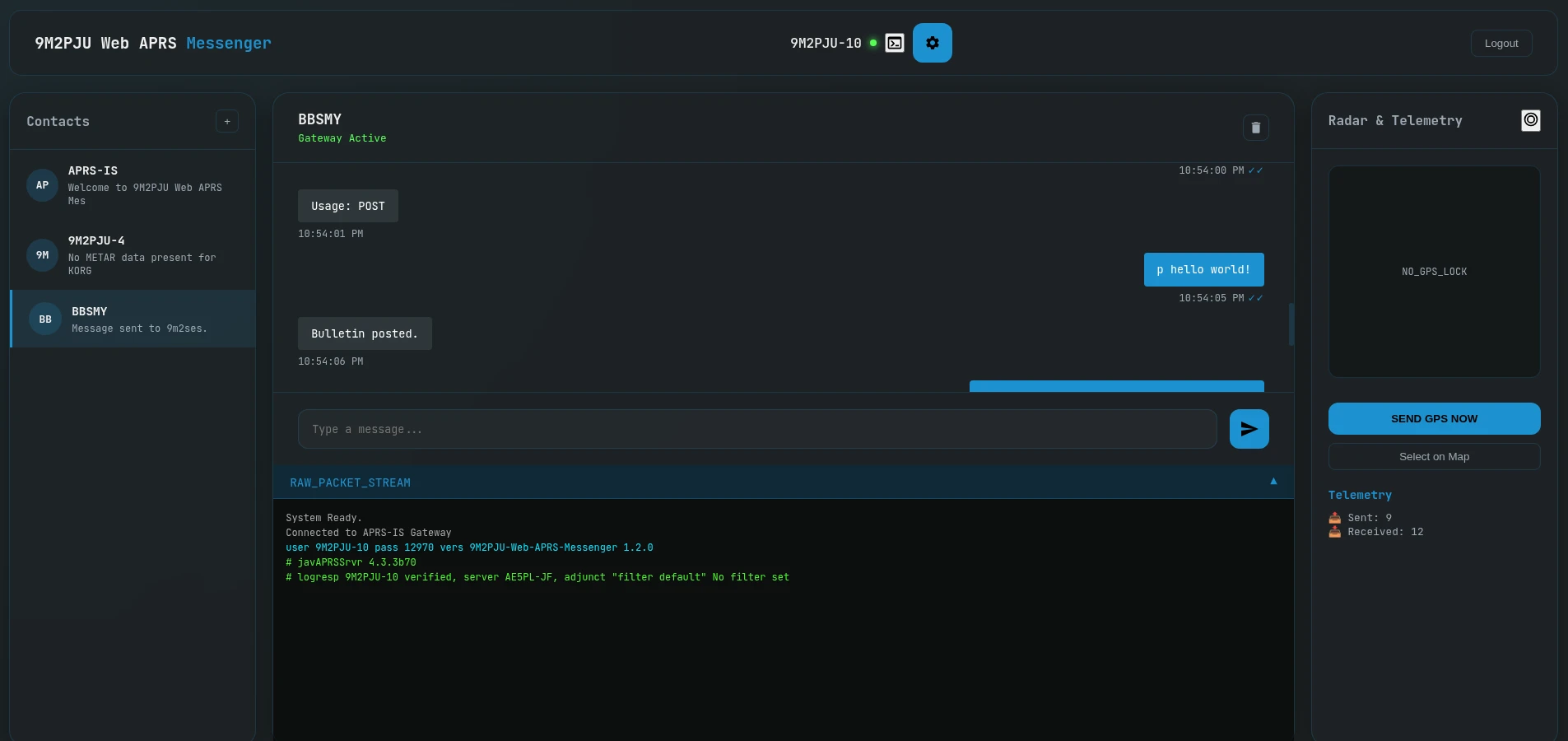



Post Comment